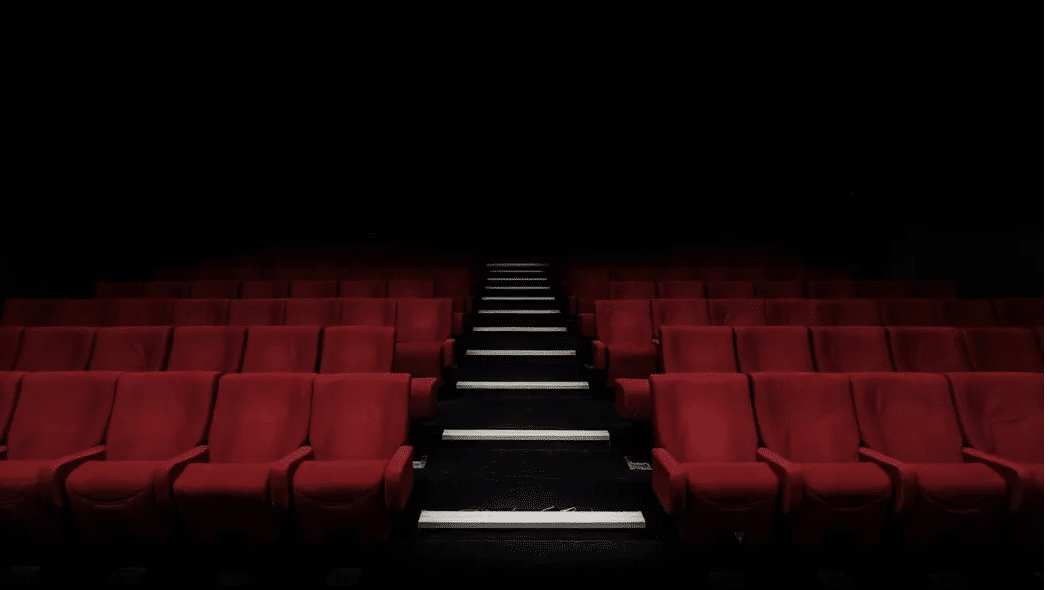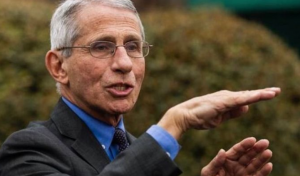The Venice Film Festival, a 10-day event that is going to start from September 2, will be the first in-person event amid the pandemic. However, the participants have to undergo strict guidelines in the wake of COVID-19 as they need to wear face masks as well as go through a coronavirus test if they are arriving from outside Europe.
The Biennale di Venezia, organisers of the festival, have stated that masks should be worn at all times, even at the time of screening. In Italy, the general rule allows people to take off their masks once they are seated in the theatre.
Keeping in mind the COVID-19 situation, the authorities have said that the general public and fans have to stay away from the red carpet and the ones who want to visit the festival have to buy tickets online so that every alternate seat can be kept vacant in a bid to maintain social distancing.
Talking about films, the gala event will show homegrown Italian cinema this year among its eclectic offering of international films in Italy’s beloved canal city with 18 films vying for the top award, the Golden Lion. The Auteurs with films in the main competition hail from Mexico, Azerbaijan, Israel, Russia, Iran, Japan, and India, among other countries.
“Cinema has not been overwhelmed by the tsunami of the pandemic but retains an enviable vitality,” said festival director Alberto Barbera in a statement.
At the same time, he warned that some “spectacular titles” would be missing but “the heart of the festival is saved,” Barbera said.
Four of the main competition films are Italian — “Le Sorella Macaluso,” from director Emma Dante, who made her Venice debut in 2012; Claudio Noce’s “Padrenostro” about Italy’s wave of terrorism in the 1970s seen through children’s eyes; “Notturno” by 2013 Golden Lion winner Gianfranco Rosi, which was shot over two years in Syria, and “Miss Marx” by Susanna Nicchiarelli about Karl Marx’s youngest daughter.
The highest-profile film in competition is US director Chloe Zhao’s “Nomadland,” starring two-time Oscar winner Frances McDormand and Academy Award “Best Actor” nominee David Strathairn. Opening the festival, but out of competition, will be Daniele Luchetti’s “Lacci” (The Ties), a feature set in Naples about a marriage threatened by infidelity, the first time in over a decade that Venice’s opening film has been Italian.
According to Barbera, an “extremely significant” figure to notice in the festival is that fifty countries are represented in the festival, and within the main competition eight out of the 18 films were directed by women.
There is an Indian entry too to the festival as Chaitanya Tamhane’s Marathi film ‘The Disciple’ is the part of the main competition at the festival. It will be screened at the event on September 4.
“The Disciple” will represent India at the prestigious festival along with Ivan Ayr-directed “Meel Patthar” (“Milestone”), which will bow into the Horizons category.
The Competition section fetes up to 20 feature films from across the globe for the world premiere, whereas Horizons (Orizzonti) is an international competition dedicated to films representing new aesthetic and expressive trends in world cinema.
Tamhane’s “The Disciple”, a 127-minute long feature that stars Aditya Modak, Arun Dravid, Sumitra Bhave, and Kiran Yadnyopavit. In the past, Tamhane has won the Best Film – Orizzonti, and Lion of the Future award for “Court” in 2014.
Actor/Producer Cate Blanchett will be the president of the International Jury of the Competition, which will assign the Golden Lion for Best Film, as well as other official awards.
“Every year I look expectantly to the selection at Venice and every year it is surprising and distinct. Venice is one of the most atmospheric film festivals in the world – a celebration of the provocative and inspirational medium that is cinema in all its forms. It is a privilege and a pleasure to be this year’s jury president,” said the star in an official statement.
Also, Matt Dillon has replaced Romanian director Cristi Puiu on the jury for the 2020 Venice Film Festival. It was announced in July that the filmmaker would be helping jury president Cate Blanchett decide which films in the main competition deserved to win prizes such as the coveted Golden Lion, the festival’s highest accolade. However, Venice officials issued a statement revealing that Puiu had been replaced with Dillon due to “unexpected difficulties”.







